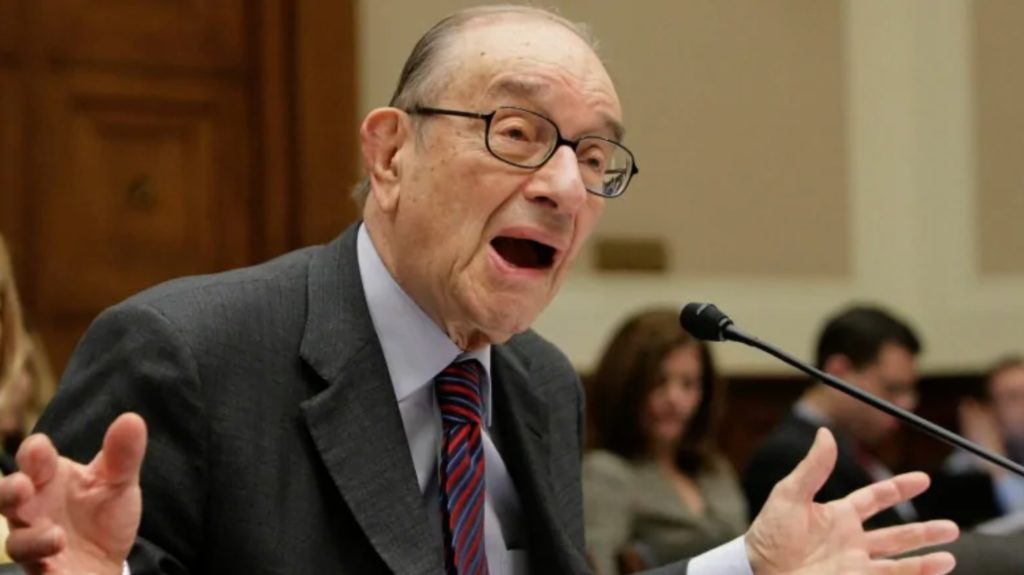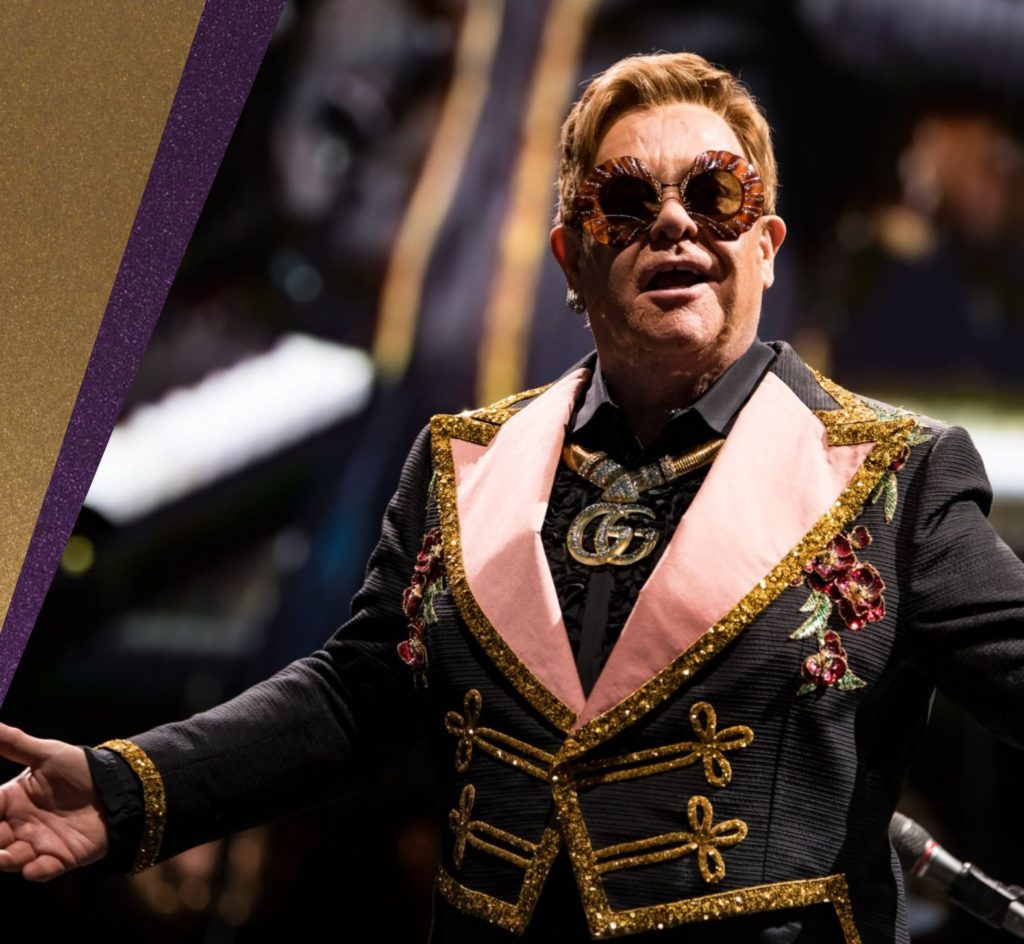
On April 23rd the Treasury Department added a 31st question and answer to its series of Paycheck Protection Program (PPP) FAQs issued since April 6th. Question 31 that Treasury asked then answered was “Do businesses owned by large companies with adequate sources of liquidity to support the business’s ongoing operations qualify for a PPP loan?” The relevant parts of the answer were:
“… all borrowers must assess their economic need for a PPP loan under the standard established by the CARES Act and the PPP regulations at the time of the loan application … borrowers still must certify in good faith that their PPP loan request is necessary. Specifically, before submitting a PPP application, all borrowers should review carefully the required certification that “[c]urrent economic uncertainty makes this loan request necessary to support the ongoing operations of the Applicant.” Borrowers must make this certification in good faith, taking into account their current business activity and their ability to access other sources of liquidity sufficient to support their ongoing operations in a manner that is not significantly detrimental to the business. For example, it is unlikely that a public company with substantial market value and access to capital markets will be able to make the required certification in good faith, and such a company should be prepared to demonstrate to SBA, upon request, the basis for its certification.”
Tacked to the end of answer 31 was the following stand-alone paragraph:
“Lenders may rely on a borrower’s certification regarding the necessity of the loan request. Any borrower that applied for a PPP loan prior to the issuance of this guidance and repays the loan in full by May 7, 2020 will be deemed by SBA to have made the required certification in good faith.”
This last paragraph didn’t get much attention. And the context of Q&A 31 was the “Shake Shack” controversy, where the publicly-traded company obtained two PPP loans totaling $20 million, faced an onslaught of adverse media attention, then publicly announced it would return the money. Among other things, one of the principals of Shake Shack posted an article on LinkedIn that one of the reasons they applied for the PPP loan was that the conditions were “confusing”. Fair enough, and no doubt a true statement that he made from the bottom of his heart.
Liar, Liar Plants for Hire – A Limited Safe Harbor?[1]
On April 24th Treasury published another FAQ document – tacking on four more questions and answers – but just as important, issued its fourth set of PPP-related Interim Final Rules – those pesky regulations that need to be published in the Federal Register that provide the “how things will happen” details to the CARES Act’s “what should happen” general provisions. Included in this fourth PPP Interim Final Rule was the following:
5. Limited Safe Harbor with Respect to Certification Concerning Need for PPP Loan Request
Consistent with section 1102 of the CARES Act, the Borrower Application Form requires PPP applicants to certify that “[c]urrent economic uncertainty makes this loan request necessary to support the ongoing operations of the Applicant.” Any borrower that applied for a PPP loan prior to the issuance of this regulation and repays the loan in full by May 7, 2020 will be deemed by SBA to have made the required certification in good faith. The Administrator, in consultation with the Secretary, determined that this safe harbor is necessary and appropriate to ensure that borrowers promptly repay PPP loan funds that the borrower obtained based on a misunderstanding or misapplication of the required certification standard.
The CARES Act itself, and the first set of regulations referred to the certification by the PPP applicant/borrower that the loan is “necessary to support the ongoing operations” of the applicant/borrower. It doesn’t appear that Treasury, the CARES Act, or the SBA have defined or explained what they mean by “necessary to support the ongoing operations” or established the “required certification standard”. This is the Congressional equivalent of Alan Greenspan’s “mumbling with great incoherence.[2]

No wonder borrowers have a misunderstanding. But I don’t know what Treasury intends by “misapplication”. Regardless, Treasury has given those who’ve misunderstood the standards, as well as those who have misapplied the standards, and even those who flat-out lied in their certifications, a limited safe harbor: “Pay the money back by May 7th and we’ll pretend it never happened.”

Let’s hope that there aren’t too many PPP recipients who misunderstood or misapplied the certification standard, or flat out lied about needing the money. Why? What about those deserving small businesses that were shut out of the PPP because of those that lied or cheated their way into a PPP loan? “Sorry seems to be the hardest word …”
One other thing. The FAQ provides a safe harbor-ish to those that applied prior to the issuance of the April 23rd guidance and repays the loan in full by May 7. The Interim Final provides a limited safe harbor for any borrower that applied for a PPP loan prior to the issuance of this regulation. The regulation was issued on April 24th but isn’t effective until the date it is published in the Federal Register. The first Interim Final Rule took almost two weeks to get published. Let’s see if they’re quicker with this fourth PPP Interim Final Rule.
[1] I couldn’t resist. For two years I’ve been looking for a reason to use a quote, any quote, from Sponge Bob Square Pants. In a great 11-second scene, Sponge Bob accuses Patrick of stealing his candy bar. Patrick replies, “Liar, liar, plants for hire”. https://www.youtube.com/watch?v=n-rhuo1vnKE
[2] In Congressional testimony in 1987, then-Federal Reserve Chairman Alan Greenspan said, “Since I’ve become a central banker, I’ve learned to mumble with great incoherence. If I seem unduly clear to you, you must have misunderstood what I said.”
